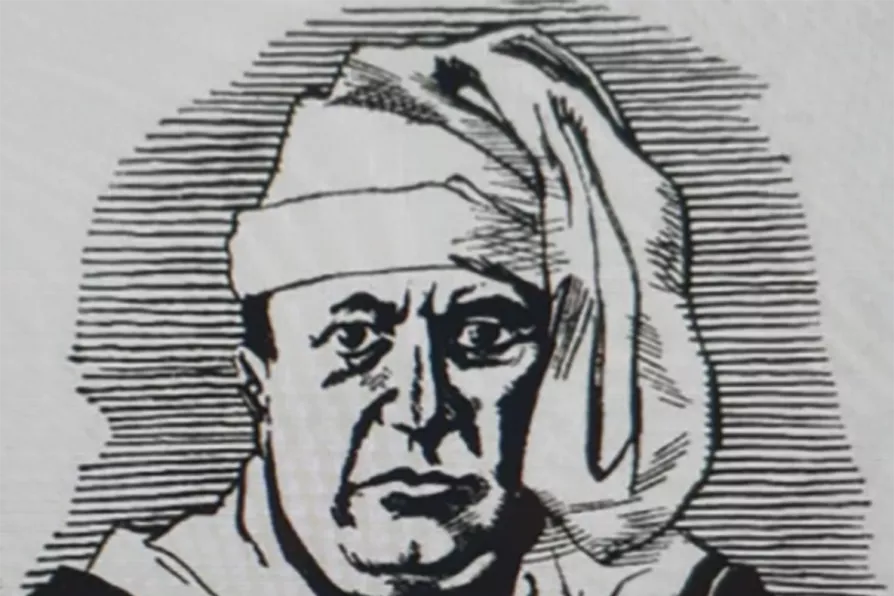RAMZY BAROUD offers six reasons why Netanyahu is prolonging conflict in the Middle East
Remembering John Ball and the 1381 English Uprising
The peasants’ leader has inspired centures of reformers and revolutionaries since his execution in the Middle Ages following the failed revolt with his vision of an England freed from the Church and aristocracy, writes JAMES CROSSLEY

 HERO THROUGH HISTORY: John Ball depicted in an illustration in the Daily Worker, 1938
HERO THROUGH HISTORY: John Ball depicted in an illustration in the Daily Worker, 1938
THIS summer marks the 640th anniversary of the 1381 English uprising, often known as the Peasants’ Revolt.
The uprisings in the south-east have become the most famous. On their arrival in London, the (largely) disciplined rebels selected political, legal and ecclesiastical targets associated with the ruling class.
Remarkably, rebels managed to get into the Tower of London and decapitate some of the most powerful people in England, including the Archbishop of Canterbury (and Chancellor of England), Simon Sudbury.
Similar stories

BEN CHACKO welcomes a masterful analysis that puts class struggle back at the heart of our understanding of China’s revolution

JOHN GREEN is fascinated by a history that excavates the enormous role played by agricultural workers in recent times

PHIL KATZ applauds the biography of a man of principle that is a vibrant excavation of the radical tradition itself

JAMES CROSSLEY charts how anti Jewish sentiment developed from ancient days and the dawn of Christianity to the Middle Ages, the birth of Protestantism and the sinister era of of the Nazis










